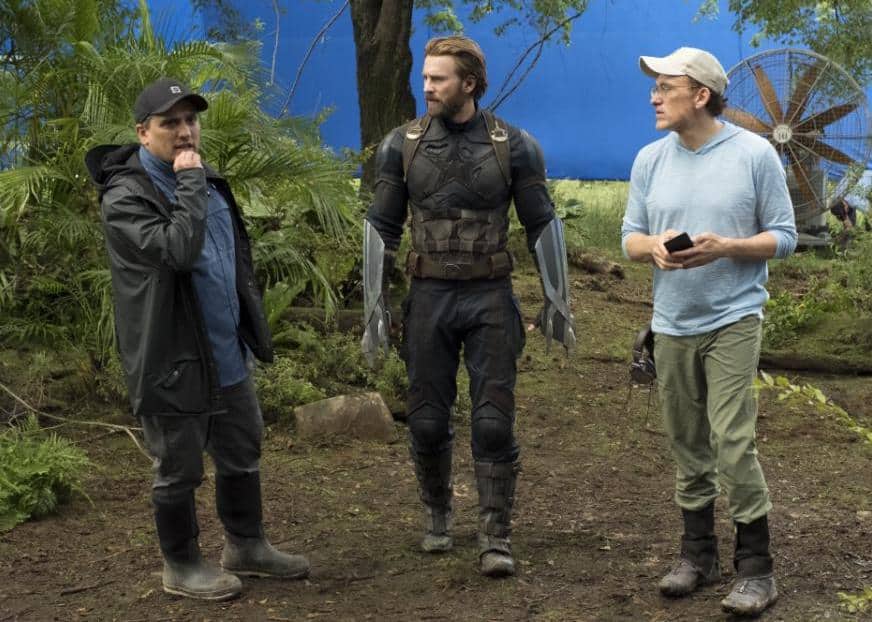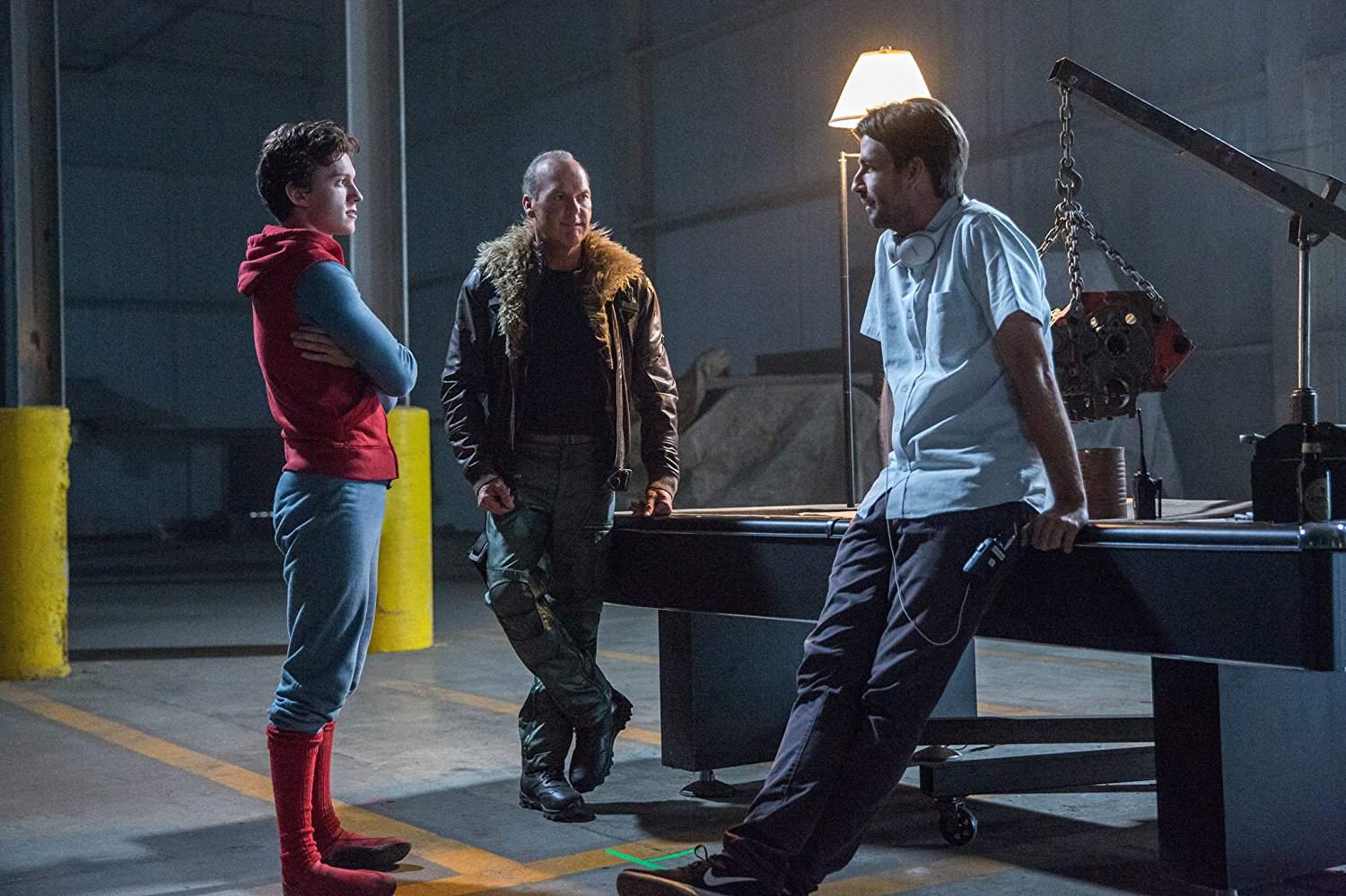
Film History is Essential
Scott Derrickson (Doctor Strange) took to Twitter in 2017 to provide a simple yet important tip:
“Advice to young filmmakers: understand the flow of film history if you want to play a part in it.”
Get more filmmaking tips from Scott Derrickson.

Pay Attention to the Paperwork
Getting caught up in the creative decision-making process can be tempting as a first-time filmmaker, but keeping up with contracts and finances is important too. Jon Watts (Spider-Man: Homecoming) told IndieWire in 2015.
“Don’t be afraid of the paperwork, and don’t let anyone ‘protect’ you from anything happening behind the scenes! Learn as much as you possibly can about the financing, budget and any other contractual obligations connected to your film. There could be serious repercussions that last long after you’ve finished shooting, editing, or even releasing the film hidden in the fine print.”
Remain Respectful but Ambitious
Having started out as a successful indie filmmaker who went on to take the Thor films in an entirely new direction, Taika Waititi (Thor: Ragnarok) has achieved what at one point may have felt impossible. During a 2017 masterclass at the National Film and Television School, he provided this encouragement to students:
“Don’t let anyone tell you that something isn’t possible, even if they are older. Don’t be arrogant about it, you need to be receptive. Look for collaborators who are fun and who listen.”
Surround Yourself with Honest Collaborators
A key way to tell whether or not the film you’re making will resonate with audiences is to pay attention to how the actors engage with it. During a 2018 Q&A at BAM in NYC, Ryan Coogler (Black Panther) said:
“I think filmmaking is incredibly difficult. You know, I use a lot of sports analogies ’cause I grew up playing sports. It’s a lot like being a coach in that I could draw the play up all day but I can’t go on the field and do it…I know that for the audience to engage, they’re not engaging with me, they’re engaging with the actors. If it’s not working, if it’s not feeling real for them, then what are we doing it for? So what I try to do is cast actors who are really really really talented of course, but also, actors who understand story telling, who are really sharp, who are really honest.
Get more filmmaking tips from Ryan Cooler here, and watch the rest of the BAM Q&A below.
Audiences Want Change
Ahead of working on a third Marvel movie with brother Anthony, Joe Russo (Captain America: The Winter Soldier, Captain America: Civil War, Avengers: Infinity War) told the Hollywood Reporter in 2016 that in spite of the same thing seeming to work over and over with audiences, they do in fact want something new:
“People will tell you they love chocolate ice cream — until you give it to them five days a week. It’s time to give them some rainbow sherbet.”
What We Learned
It’s clear from much of this advice that valuing an actor’s role in your film, whether you’re making a big budget superhero movie or a smaller, independent picture, is necessary for any filmmaker’s success. Trust them and let their talents shine. Doing that could give you more insight into your film than you would have gotten had you totally taken over the process.
With a big-budget film especially, relying too heavily on digital effects and modern technology to get your story across is a mistake best not made. Instead, really evaluate the heart of your film, and get back to the basics. Just as there is no one way to make an MCU installment, there is no one way to make any film, so don’t be afraid to bring your own style to the project.
Related Topics: Filmmaking Tips, James Gunn, Jon Favreau, Jon Watts, Kenneth Branagh, Marvel Cinematic Universe, Taika Waititi

